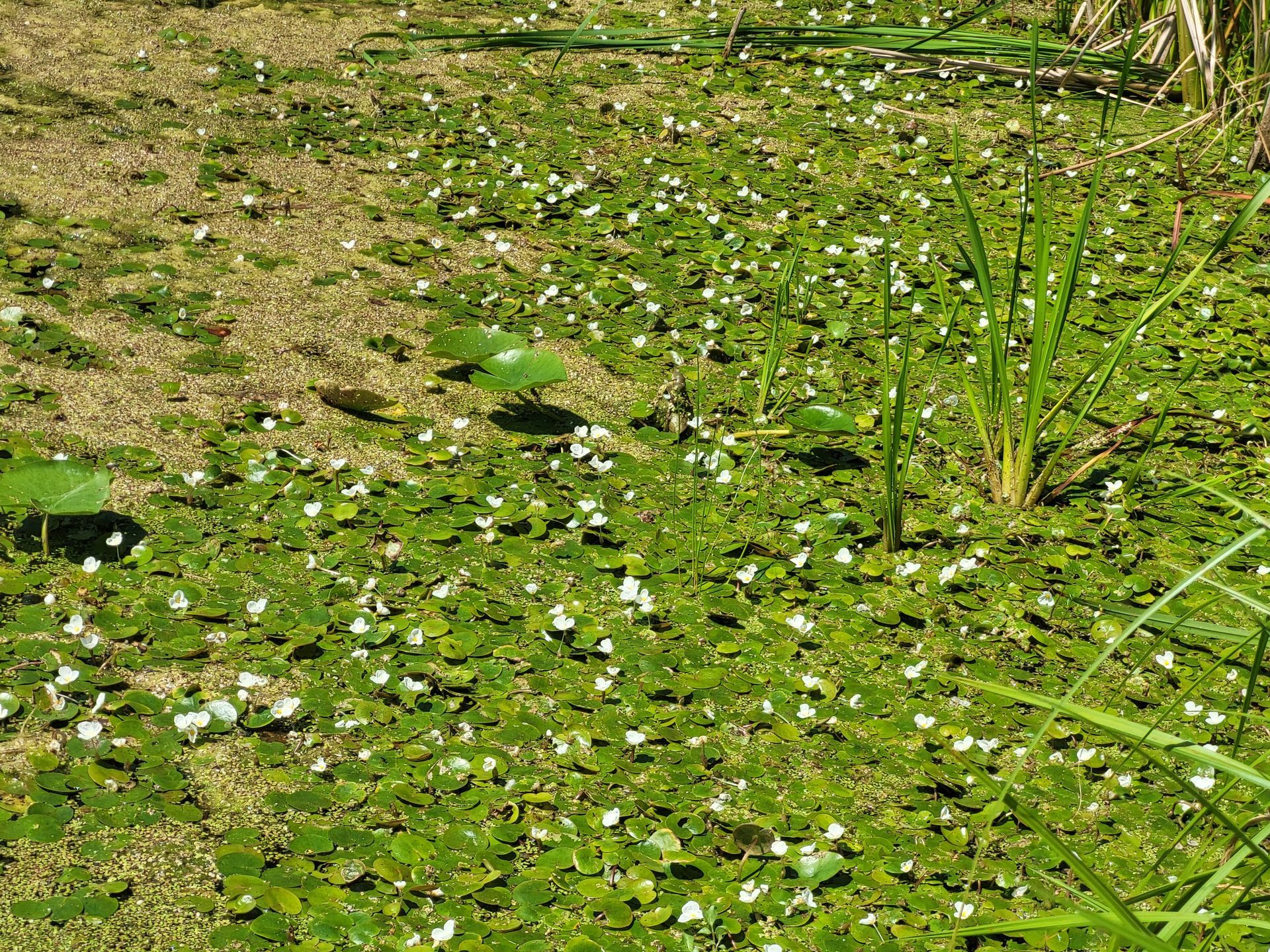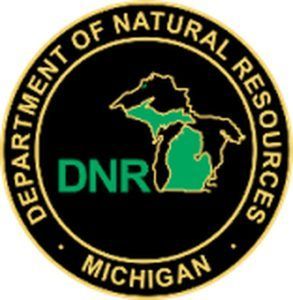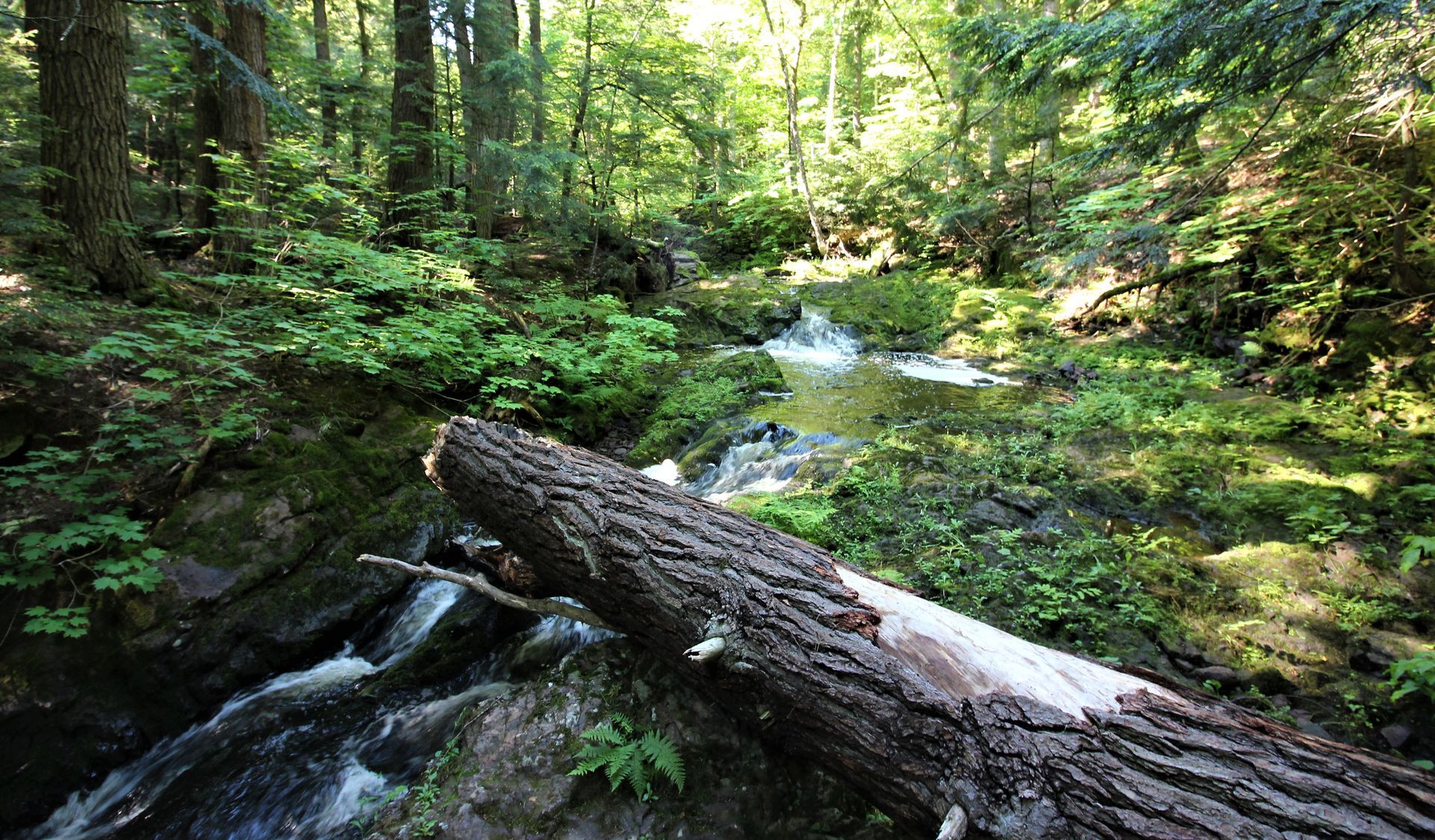Invasive Species Spotlight: Invasive Hemlock Woolly Adelgid
A new location of invasive hemlock woolly adelgid has been found in Benzie County, 50 miles north of what was believed to be the northern edge of infestation in Mason County. The U.S. Department of Agriculture Animal and Plant Health Inspection Service confirmed that a sample taken from the site was positive for hemlock woolly adelgid on January 27, 2023. With funding from the Michigan Invasive Species Grant Program, the network is now undertaking a survey of the location and surrounding properties to determine the extent of the infestation and to mark trees for treatment this summer. Surveys will continue in other areas of the county and along the lakeshore through March.
Hemlock woolly adelgid is a small insect that uses a long, siphoning mouthpart to extract sap from hemlock trees. They can be easily spotted as they produce small sacks that look like balls of cotton and may appear alone or in clusters under hemlock branches.
This feeding weakens needles, shoots, and branches of hemlock trees. Over time, tree growth slows and trees take on a grayish-green appearance. Without treatment, infested trees die within four to 10 years. These insects have the potential to cause significant harm to Michigan’s hemlock population.
Even though these tiny insects can’t move very far on their own, they can be blown by the wind or even “hitchhike” on animals, people, and potentially vehicles. Always remember when you’re leaving outdoor sites to clean-off and check your gear to make sure you don’t have any unwanted passengers such as the hemlock wooly adelgid. If you’re interested in helping remove invasives from Michigan’s public lands, join us at one of our On the Ground volunteer events. Visit mucc.org/on-the-ground/ to view our upcoming projects.
photo credit: Connecticut Agricultural Experiment Station
The post Invasive Species Spotlight: Invasive Hemlock Woolly Adelgid appeared first on Michigan United Conservation Clubs.
Recent Posts



